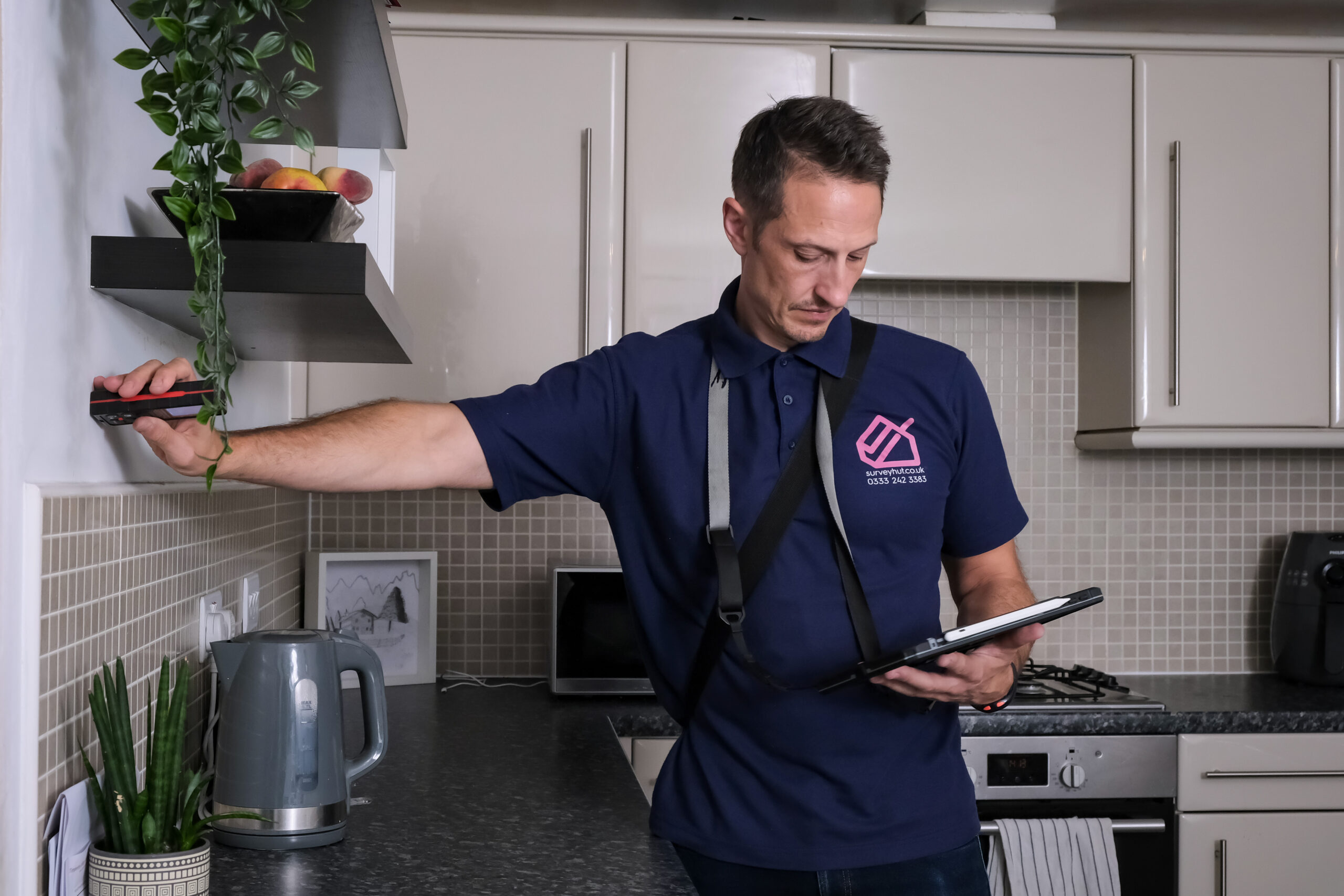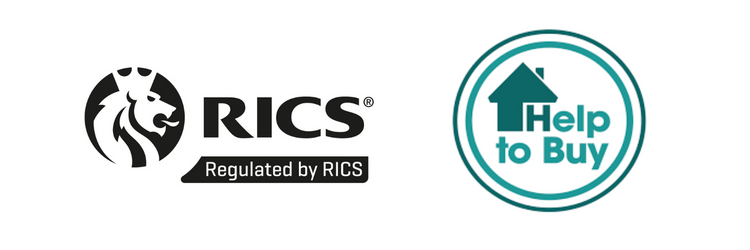When you’re in the process of buying a house, you’ll come across various types of surveys that are essential to ensure you’re making a well-informed choice. These surveys are designed to give you a clear picture of the property’s condition, highlighting any areas of concern or potential future problems. It’s important to understand the differences between these to make sure you commission the one that best fits your needs.
One common type is the condition report, which is a basic ‘traffic light’ survey that provides an overview of the property’s condition and identifies any urgent defects. If you’re after more detail, you might consider a homebuyer report. This survey is more thorough and includes advice on necessary repairs and maintenance. It’s suitable for modern homes as well as older properties that appear to be in reasonable condition.
For properties of a certain age, style, or if you’re planning major works, a more comprehensive survey, known as a building survey, will likely be ideal. This provides an in-depth analysis of the property’s state and will list defects and advice on repairs and maintenance. No matter what survey you go for, each will aid you in understanding the investment and guide negotiations on the price – an invaluable tool in purchasing a home.
Types of House Surveys When Buying a House
When you’re purchasing a house, selecting the right survey can give you an insight into the property’s condition and highlight any potential issues. Here’s an overview of the types of house surveys available in the UK.
Condition Report (Level 1 Home Survey)
The Condition Report is the most basic survey, providing a clear and concise overview of your potential new home’s condition. It uses simple ‘traffic light’ ratings to indicate the state of various parts of the property. You’ll receive a summary of the risks, but don’t expect detailed advice or valuations. This level is most suitable for new-builds or modern homes in good condition.
HomeBuyer Report (Level 2 Home Survey)
A HomeBuyer Report is more detailed and includes everything in the Condition Report, but it also offers a more thorough inspection. The surveyor will look for problems like damp and provide advice on repairs and maintenance. Sometimes it includes a property valuation. Opt for this survey if you’re buying a house that appears in reasonable shape but want some assurance about hidden issues.
Building Survey (Level 3 Home Survey)
The Building Survey is the most comprehensive survey, suitable for larger or older properties, or those that have been significantly altered. It provides an in-depth analysis of structure and fabric, and it will detail any defects, repair options, and the consequences of not addressing the issues. If you’re concerned about the property’s condition, this survey can provide you with peace of mind before you buy.
Understanding House Surveys
When you’re buying a house, arranging for a survey is a critical step. It ensures that you’re aware of the property’s condition and value before finalising your purchase.
Survey Structure
A house survey is a detailed inspection of a property’s condition. It’s conducted by a qualified surveyor who examines the structural integrity and identifies any major works needed. The timing of the survey is crucial – you should arrange for it after your offer is accepted and you have a mortgage offer, (if using a mortgage) but before contracts are exchanged. This timing allows you to renegotiate the price or withdraw without penalty, should significant issues be found.
Identifying Defects
During a survey, the surveyor will look for defects that you need to be aware of. These can range from minor cosmetic issues to serious structural problems, such as:
- Dampness: The presence of damp could indicate a breach in the building’s fabric or a lack of adequate ventilation.
- Roof condition: Missing tiles, poor insulation, or structural damage will be noted.
- Electrical wiring: Outdated or faulty systems are a safety hazard and could require significant investment to repair (see our Level 3 MAX Home Survey for concerns about electrical wiring, gas or heating installations).
Identifying such defects is essential – it guides your decision on whether to proceed with the purchase and can affect your budgeting for future repairs.
Property Valuation
Beyond assessing the building’s condition, a house survey can include a property valuation. This aspect ensures that the price you’ve agreed to pay is fair, considering the current market and the property’s condition.
The Survey Process
When purchasing a house, the survey process is a crucial step to ensure the property is in good condition. It reveals any structural concerns that may impact your decision or negotiation stance.
Selecting a Surveyor
Choosing the right surveyor is your first significant step. It’s essential to hire a qualified individual who is registered with a recognised body such as the Royal Institution of Chartered Surveyors (RICS), which Survey Hut proudly is. You can opt for an independent surveyor (like us), who will provide an unbiased report, or one provided by your estate agent.
Survey Execution
The most common types of surveys for residential properties are:
- Condition Report (Level 1): A basic ‘traffic light’ report highlighting urgent defects.
- HomeBuyer Report (Level 2): A more detailed survey, which includes all the features of the Condition Report plus further investigations.
- Building Survey (Level 3): The most comprehensive, it examines all aspects of the property and provides detailed advice on repairs.
Your surveyor will visit the property, conduct the survey, and assess aspects like the structural integrity, dampness, insulation, and potential repairs.
Results and Reports
Following the survey, you will receive a report outlining the findings. This document will list any defects or issues discovered during the inspection. You’ll find the results categorised by urgency and the potential impact on the property’s value, which can assist you in negotiating the purchase price or deciding to proceed with the purchase. Most reports will also provide a list of recommended repairs and necessary actions.
Remember to review the report thoroughly and discuss any concerns with your surveyor promptly to understand the implications for your house purchase.
Get in touch with Survey Hut today for a comprehensive Home Survey. We are held to the highest professional standards by the RICS, so you know that you’ll get a high-quality report.
Make sure your perfect home, is perfect.
Sharing is caring!




